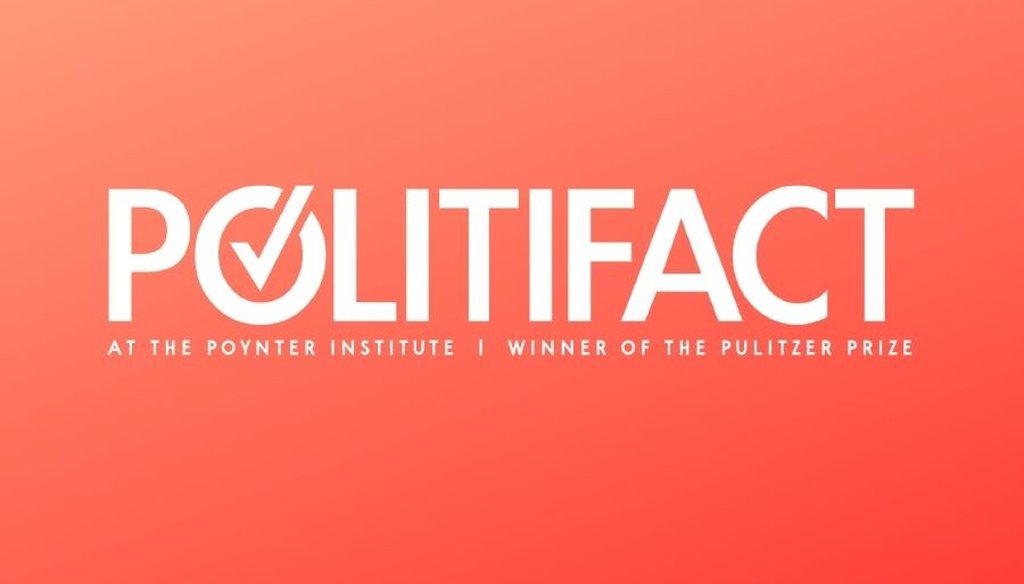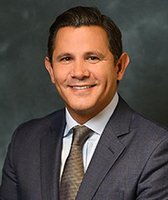Stand up for the facts!
Our only agenda is to publish the truth so you can be an informed participant in democracy.
We need your help.
I would like to contribute

Rick Scott, left, and Charlie Crist (Tampa Bay Times file photos)
Gov. Rick Scott and the Republican Party of Florida are hanging their campaign hopes on a story that goes like this: When Charlie Crist was governor, unemployment skyrocketed and the economy nose-dived.
Crist is pushing back, saying the economic recovery started under him. He also argues that the jobs and economic picture in Florida isn’t as rosy as Scott’s portrayal.
Neither side is telling the whole story. The reality is Florida went into a recession because of factors beyond any one governor’s control and climbed out of the recession because of factors beyond any one governor’s control.
More than anything else, problems in the national housing market caused Florida’s recession, and its recovery has followed the national recovery.
The economy and jobs are certain to be top issues for voters in November when Crist is expected to face Scott. (Former state Sen. Nan Rich, D-Weston, is challenging Crist but lags behind in fundraising.)
PolitiFact Florida has been fact-checking statements from Crist and Scott, as well as the Democratic and Republican parties, about what happened to the Florida economy since 2007. Here, we’ll take a broad look at the arguments from both sides.
Credit vs. blame
Crist and Scott both try to take credit for positive economic signs and cast blame on their opponent.
But assigning blame and credit isn’t as clear cut as both politicians would like voters to believe. In fact, to get the complete picture we have to start the clock during the housing boom when Jeb Bush was governor just before Crist.
As home sales peaked in 2005 and 2006, the seeds were sown to lead to the housing crash as banks loaned to borrowers who couldn’t afford their mortgages and Wall Street bankers sold those loans to investors.
"Florida was extreme, though not unique, in the strength of its housing boom, and thus the depth of its plunge...," retired University of Florida economist David Denslow said. "Florida's recovery in jobs is going better than the national average largely because we fell farther than the nation. Also helpful is the surge in tourism. The average quality of jobs is poor, however."
Florida’s recession was sharper and deeper than most other states, said Mark Vitner, an analyst at Wells Fargo.
"The state’s No. 1 industry is growth. The period leading up to the recession was led by an epic construction boom that reflected not only the state’s then-positive demographics, but also a great deal of speculation. When people stopped moving to Florida, the state economy crumbled like a house of cards," Vitner said.
One way to look at the tenure of both governors is to say that it was all about timing: Crist was unlucky to govern during a recession while Scott was lucky to take over during a period of recovery.
But Vitner says "the real question is what did these individuals do to limit the damage from Florida’s worst recession in modern times and what did they do to get economic growth started again?"
Economists say Crist gets some credit for accepting federal stimulus dollars, which saved thousands of jobs, in 2009. Crist often says that he saved 20,000 teachers’ jobs, though it’s difficult to pinpoint the precise number. Also, while Crist was a major cheerleader for the stimulus -- and famously hugged President Barack Obama over it -- the credit for passing the stimulus goes to Obama and Congress.
"Crist helped mitigate the recession slightly by accepting federal funds; Scott has likely hurt a bit by trimming government employment and not campaigning hard for Medicaid expansion (though there was likely little he could do on that score)," Denslow said. "That doesn't mean that state policies don't matter for Florida's economy -- investment in health and education are important, but more for the long run."
PolitiFact rates the attack lines
The attack lines PolitiFact Florida has fact-checked try to pin the blame on either Crist or Scott, never admitting the larger picture.
In TV ads in English and Spanish, Scott and the Republican Party blamed Crist for the unemployment rate tripling under his watch. It rose from 3.5 percent in December 2006, just before Crist took office, to 11.1 percent during his last month in 2010. The state lost about half of its construction jobs during that time period.
Since Scott took over in 2011, he has basked in declines in the unemployment rate, which hit 6.2 percent in April according to preliminary data.
Scott has attacked Crist using those numbers, but it’s not accurate to blame Crist for the high unemployment of 2010, because it was the result of the national recession. We rated an attack line on that point Half True.
As the nation saw its unemployment rate improve, so did Florida. As of April, Florida’s unemployment was a fraction of a percentage point better than the nationwide rate.
Crist, meanwhile, has said that the recovery started under his watch -- not the moment that Scott set foot in the office. We found mixed evidence. The recovery during Crist’s final year was initially slow. By one important measure of overall economic activity -- per capita Gross Domestic Product, or GDP -- the Florida economy continued to shrink during Crist’s final year. We rated Crist’s statement Half True.
Crist also has blamed Scott for Florida’s long-term unemployment rate, which Crist said was second in the nation.
An analysis by the Economic Policy Institute ranked Florida second, with New Jersey and the District of Columbia ahead. But there is a significant margin of error to these numbers, and it’s difficult to pinpoint each state’s ranking. And again, it’s difficult to blame Scott for the lingering effects of a historic recession. We rated that claim Half True.
Scott points to 540,000 new jobs since he took office -- he arrives at that figure by getting rid of the public-sector job cuts and focusing on private-sector growth.
Kwame Donaldson, an economist at Moody’s who analyzes Florida, previously told PolitiFact that the number of private-sector jobs during the time period that Scott has pointed to isn’t a record and "is even less remarkable considering Florida’s larger current population."
Still, Florida is slowly recovering. So we rated Scott’s claim on 540,000 new jobs Mostly True.
Takeaways for voters
During Crist’s time in office, the national recession caused Florida to bleed jobs, but it’s hard to put that blame on Crist. Similarly, Scott’s time in office coincided with the national recovery, and now Florida is following along, but it’s hard to give Scott all the credit.
Neither politician is providing voters with the full story here: Crist isn’t to blame for the national recession, and Scott can’t take credit for the national recovery.
But the truth won’t stop either candidate from trying to sell his version until Nov. 4.
Our Sources
PolitiFact archives for former Gov. Charlie Crist and Gov. Rick Scott
U.S. Bureau of Labor Statistics, Florida Economy at a Glance, Through April 2014
Miami Herald/Tampa Bay Times, "Jobs in Florida: The Rick Scott record," Dec. 6, 2013
Miami Herald Naked Politics blog, "RPOF’s new Crist-bashing ad: ‘Slick politician, lousy governor," Jan. 29, 2014
Miami Herald, "Scott releases 2nd Spanish-language ad, TV buys=$8m in 2 months," May 6, 2014
Interview, Mark Vitner, Wells Fargo senior economist, May 5, 2014
Interview, Sean Snaith, director of the University of Central Florida’s Institute for Economic Competitiveness, May 2, 2014
Interview, David Denslow, retired professor and director of policy studies at University of Florida, Warrington College of Business Administration, Department of Economics, May 2, 2014
Interview, Bill Seyfried, economics professor Rollins College, May 2, 2014
































